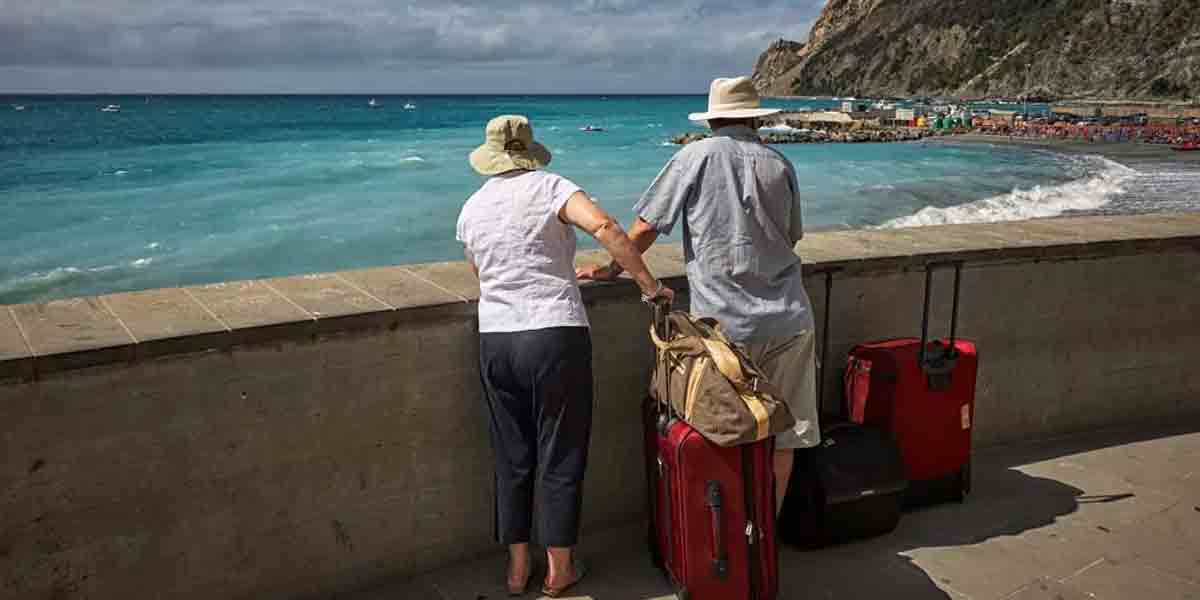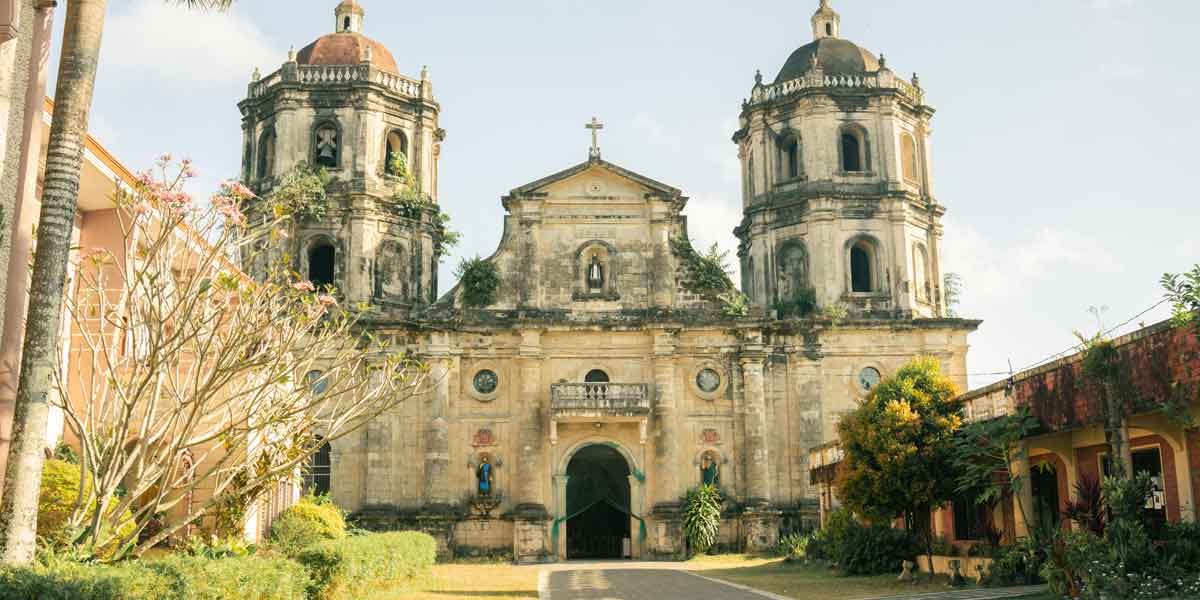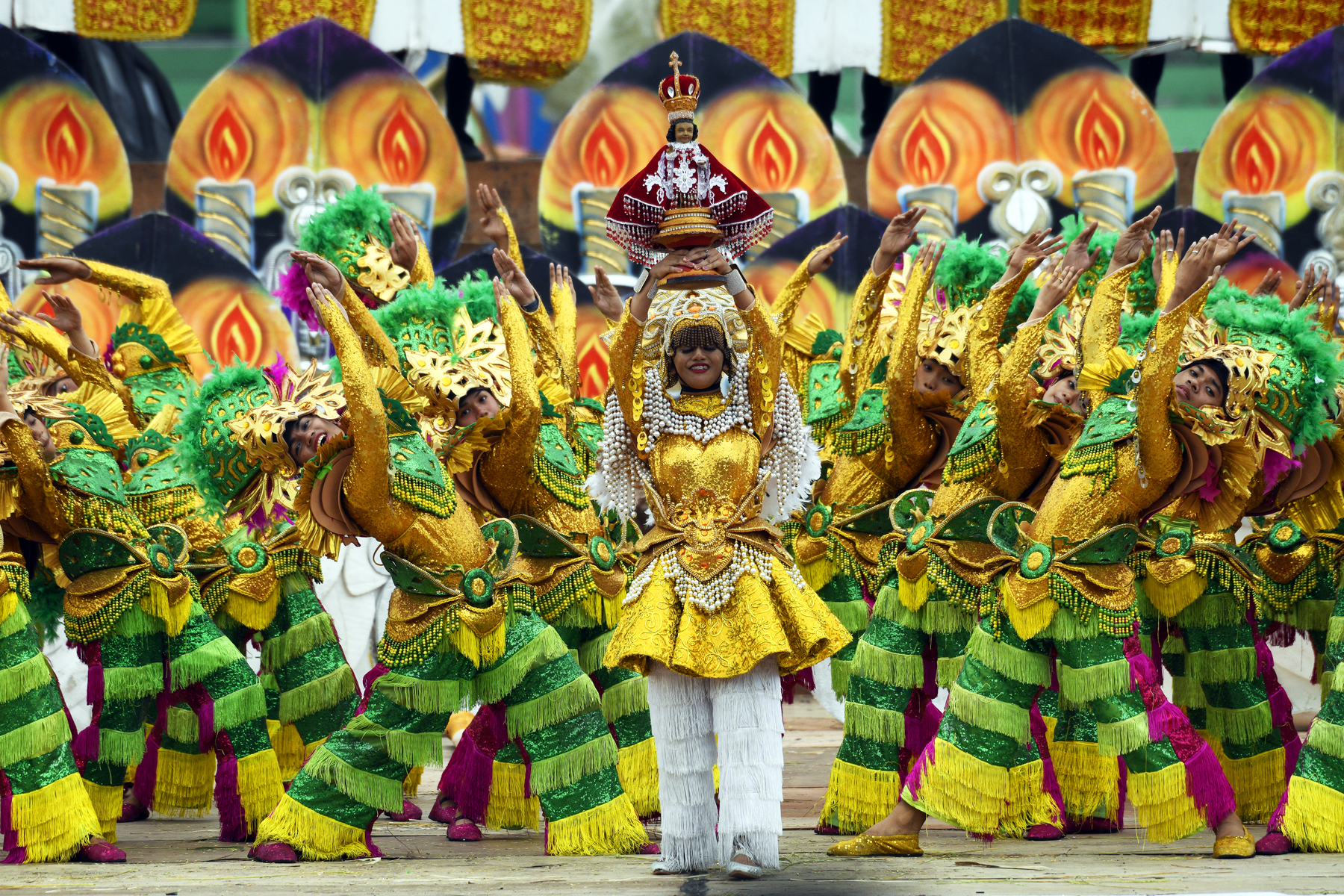Text and photos by: Bombette G. Marin
Cabatuan, Iloilo annually celebrates rituals and ceremonies of the Holy Week every Good Friday and these have become important parts of Iloilos cultural heritage, testimonies of a tradition that reaffirms our identity.
Visitors to Cabatuan, especially during Good Friday, will get the opportunity to immerse themselves in local culture, including the special local delicacies prepared for the occasion. Everybody is welcome to participate in their very interesting ancient rituals and ceremonies.
GOOD FRIDAY PROCESSION
The massive Good Friday procession includes the participation of thousands of devout Catholics in the area, one of the largest Lenten processions in the entire province are followed by lavishly decorated floats with life-size religious images depicting scenes of the passion and sufferings of Christ, mostly family heirlooms as thousands of devout Catholics carrying candles pray along the way.
The sight is one of the most solemn times of the year for the entire community, a time to remember Jesus death and resurrection. It begins and ends at the doors of the present Neo-Classical Parish Church of St. Nicholas of Tolentine built by the Augustinian Friars in 1834. Visitors to the town are welcome to participate in this moving cultural experience.
KAPIYA/ STATIONS OF THE CROSS
Another tradition igniting Holy Week in the town are the creative Stations of the Cross, a unique, creative, collaborative Stations of the Cross experience people could walk through at any time throughout Holy Week.
Walking and praying the Stations of the Cross is an ancient way of participating in Jesus suffering in the last days before his death. The concept is reignited with creative visuals that interpret the historical events of the suffering of Christ.
Barangays around the poblacion area are annually encouraged to create an assigned station. Mostly of life-sized religious images made from indigenous materials like sawdust, seeds, dry leaves, recycled materials, etc.
PASYON
One of the oldest Lenten practices is the Pabasa or Pasyon, the uninterrupted chanting of the Pasyón, an early 16th-century epic poem narrating the life, passion, death, and resurrection of Jesus Christ in the local dialect.
Held usually in front of a dressed-up altar, the Pasyon is the centerpiece of Cabatuans Lenten rituals after the procession. Dressed-up in traditional Filipino outfits, the participants sing the Passion Guide containing the long biblical passages of the Passion and Death of Jesus Christ to the accompaniment of a musical instrument, either a guitar or organ. It can also be chanted by either a group of kids, teenagers or senior citizens in the most imaginable way.
Things prepared for this tradition includes cleaning the area for the station, putting on a shade or a roof with lights, chairs, musicians corner, and food for the visitors.
Cabatuan is completely transformed during Holy Week. Ilonggos turns out to experience one of the towns traditional Lenten events to the full. Do not miss the chance to visit Cabatuan at this time.
The second class municipality of Cabatuan is subdivided into 68 barangays with a land area of 8, 248 hectares and populated by 58,442 Cabatuananons. The town is 24. 2 kilometers away from the city or just a 30-minuter drive.
To get to Cabatuan, one can take a jeepney at the terminal fronting Christ the King Memorial in Jaro, Iloilo City. For more information, please contact Municipal Tourism Officer Gary Bibangco at 09219490998.


























